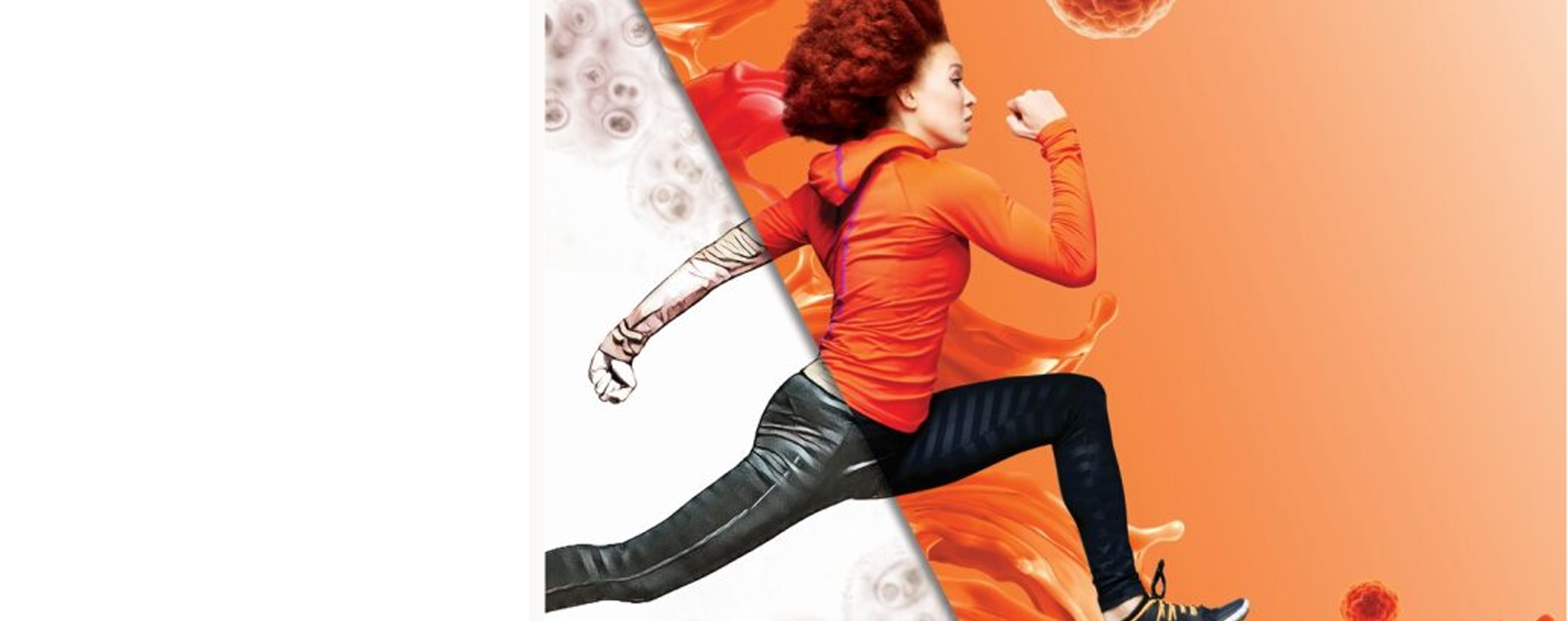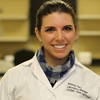
Harnessing the Power of 3D with Corning
Thursday, October 24th, 2024
2:00 - 3:00 PM EST
When it comes to modeling development and disease, traditional 2D cell culture models are often unable to capture complex biological properties observed in vivo. Animal models attempt to capture these inadequacies but involve a significant investment of time and resources while not accurately capturing human development and disease states. Cells grown in 3D more closely mimic in vivo behavior in tissues and organs. These models are gaining increased importance for attaining in vivo-like conditions to study developmental cues and therapeutic possibilities. Organoid models are derived from stem or organ progenitor cells and offer the unique ability to study human development and mechanisms of disease progression.
Presented By:

Whitney Wilson
Whitney Wilson is a Field Application Scientist at Corning Life Sciences. She received her B.A. in Molecular and Cellular Biology with an Emphasis in Neurobiology from the University of California, Berkeley. Prior to joining Corning, Whitney spent 12 years at the U.C. Davis Institute for Regenerative Cures and was the Director of the U.C. Davis Stem Cell Core. Whitney works with process development groups, optimizing production capabilities and cellular scale-up conditions for processes ranging from viral production to cellular therapeutics, as well as 3D cell culture environments.



